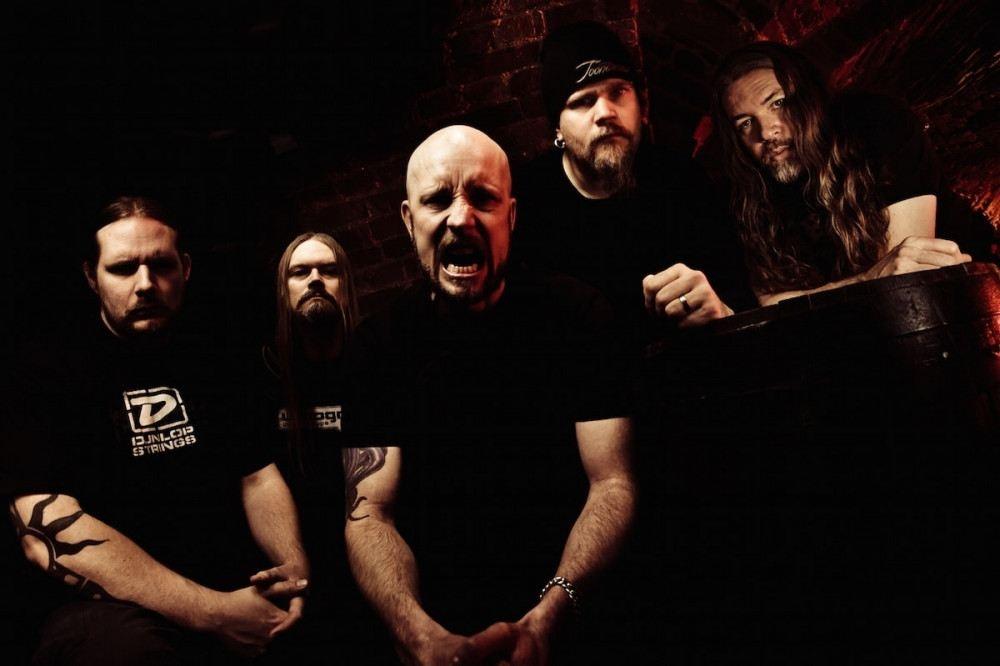Answer written with no knowledge of Acadien French other than that gathered through episodes of Acadieman.
Remember. Dialects never sound funny because of something intrinsic to the local phonetics. It’s always political. It’s always about the relative prestige of the speakers.
And it’s not about how dialects are supposedly ill-lettered corruptions of the pristine standard language. Canadian French preserves the pre-revolutionary pronunciation of <oi> as /we/ instead of /wa/. How much respect does that win them in France?
In any case, who’s comparing Acadien to Quebecois? Someone with Parisian French? Someone with Parisian French, assuming they’ve even heard any Acadien, thinks Quebecois and Acadien are as bad as each other, a choice between hanging and drowning.
So who’s saying Acadien is funny sounding, and Quebecois isn’t?
Mm?
Let’s look at the politics. One the one side, a large, compact, relatively homogeneous (outside of Montreal), assertive Francophone population, who have had their Quiet Revolution.
On the other, a minority within a minority, codeswitching incessantly to English (as Acadieman reflects), uncomfortable with both the maudits anglais and the maudits québecois (watch season 3 of Acadieman—if you can find it; I can’t now. It featured Quebec seceding from Canada and invading New Brunswick.)
(Seriously, if you can find it, let me know. It was deeply awesome.)
In that kind of power imbalance, not only will the Quebecois think the Acadiens sound funny: the Acadiens themselves will accept that they sound funny.
And that’s nothing to do with phonetics.


